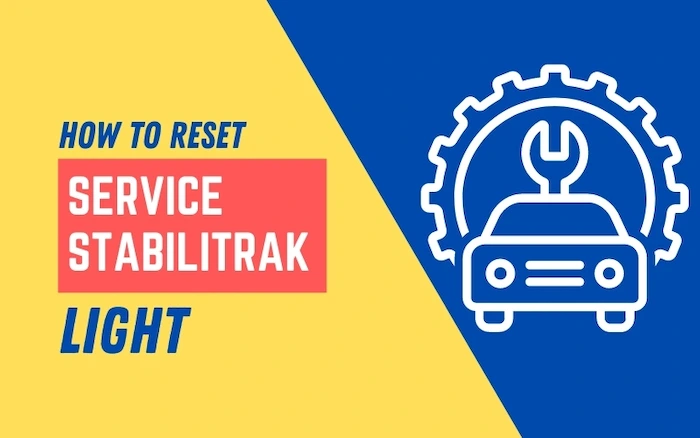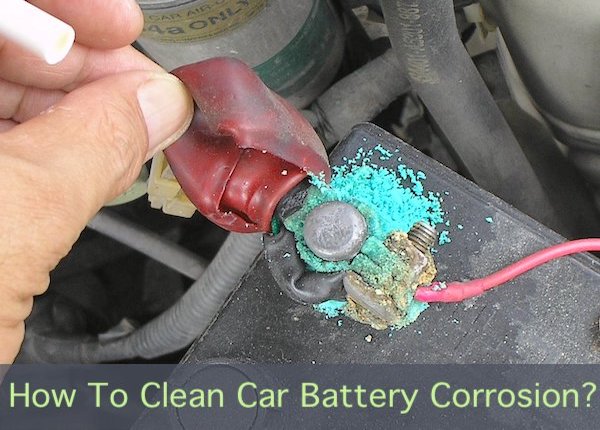Why Does My Car Feels Sluggish When Accelerating?
A well-functioning vehicle should accelerate quickly and efficiently. If your car feels sluggish when accelerating, it is a sign that it requires immediate maintenance. Several issues can make a vehicle feel sluggish when accelerating.
Mechanical problems like the exhaust manifold, clogged filter, low compression, and fuel filter can cause slow acceleration. Faulty actuators like the faulty fuel pump and spark plugs may also make your car feel sluggish as you accelerate. The issue of sluggish acceleration is more common with older cars with many miles on them. If it happens on a relatively newer vehicle, it could be a sign of a more severe problem.
We recommend that you get your vehicle checked and fixed once you notice slow acceleration. A sluggish acceleration is not only annoying, but it can also be dangerous. Taking a car that is slow to accelerate on a drive increases your risk of being rear-ended on highways. Slow acceleration can also make driving up the hill a pain. This article covers reasons why a car feels sluggish when accelerating and things that you can do to fix the problem.
Why Does The Car Feel Sluggish When Accelerating?
A sluggish acceleration is a common problem with high mileage cars, especially those poorly maintained. Slow acceleration should not create an immediate concern unless the vehicle is relatively new.
However, we advise that you take your vehicle for thorough maintenance. Many issues ranging from mechanical to faulty actuators and faulty sensors could make your automobile slow to respond when you press the acceleration pedal. Start by troubleshooting the minor causes like clogged filters before fixing the complicated triggers like the crankshaft sensor.
Some of the issues that can make your vehicle feel sluggish as you accelerate include:
1. Mechanical Issues
- Clogged fuel filter – A dirty or clogged fuel filter is a major cause of sluggish acceleration. A fuel filter is between the fuel injectors and the fuel pump. Its function is to screen impurities in the gasoline, which protects and keeps your engine functioning optimally. Over time, the fuel filter can get clogged by impurities and limit the gasoline flow to the engine. Inadequate fuel to the engine will impair the functionality of your car. Cleaning or replacing the fuel filter can fix a sluggish acceleration.
- Bad air filter – Your vehicle needs to mix gasoline and air correctly to generate the power required for acceleration. As a protective mechanism, the car has an air filter that screens out debris, bugs, and impurities from the air before it gets into the combustion chamber. Trapped contaminants can clog the air filter and limit the air that gets into the combustion chamber. Your car will not generate the right power with clogged air filters. Cleaning or replacing the clogged air filters can make the vehicle function as new.
- Low compression – Your automobile needs good cylinder combustion throughout the combustion process to generate adequate power. Low compression will prevent your vehicle from functioning correctly. Take your car to a professional mechanic for diagnosis and maintenance.
- Exhaust manifold – Your car’s exhaust system has two filters, the muffler and the catalytic converter. Both filters must function correctly; otherwise, your engine will lose power or encounter sluggish acceleration. The catalyst converter reduces the amount of pollution from the exhaust gasses while the muffler minimizes the amount of noise. A clogged exhaust system will affect the performance of any vehicle, but it is worse on a turbocharged car.
2. Faulty Actuators
- Bad spark plugs – The spark plugs are part of your vehicle’s internal combustion motor. The ignition coil sends an electrical signal to the spark plugs, which then transmits the signal to the combustion chamber to trigger air and fuel mixing. Failing spark plugs will diminish the engine’s performance before it fails. A mechanic can diagnose and replace the bad spark plugs to keep your vehicle performing optimally.
- Bad ignition coil – The ignition coils convert the 12 volts of power into 20,000 volts needed to generate an electrical spark that ignites the air and fuel mixture in the combustion chamber. The sign of a failing ignition coil is a sluggish acceleration.
- Weak/bad fuel pump – Your vehicle’s fuel pump transfers fuel from the gas tank to the engine. It also ensures that the fuel gets to the engine at the correct pressure to meet the demand for optimal performance. Issues with your fuel pump will make your car feel sluggish as you accelerate. Take the vehicle to a mechanic for diagnosis and repairs.
- Bad fuel injectors – Fuel injectors work together with the engine’s computer to spray fuel inside the engine at suitable intervals and patterns, which allows the engine to function the best under different driving conditions. Failing fuel injectors will limit the fuel that gets into the engine and create engine performance issues. A car with improperly functioning fuel injectors will likely feel sluggish as you accelerate.
3. Faulty Sensors
- Oxygen sensor malfunction – The oxygen sensor measures the number of gasses that leave your engine and sends the information to the electronic control module. The electric control mode uses the data to calculate the real-time air-to-fuel ratio for the best engine’s performance. A failing oxygen sensor will not relay the correct information to the module, which can affect your vehicle’s performance. We advise that you seek the assistance of an experienced mechanic to diagnose and fix the oxygen sensor malfunction.
- MAF sensor malfunction – The MAF sensor measures air getting into the engine to help the powertrain control mode to calculate the load placed on the vehicle. A malfunction in the MAF sensor could diminish the car’s performance. Take the automobile to a mechanic for diagnosis and repairs.
- Camshaft position sensor malfunction – Your car’s camshaft position sensor gathers information about the camshaft speed and sends the details to the electronic control module. The sensor malfunction will impact the electric control module and your vehicle’s performance.
- Throttle position sensor malfunction – Your car’s throttle position sensor detects the valve opening angle controlled by the accelerator pedal. A malfunctioning throttle position sensor will make the vehicle increase or decrease speed without pressing or depressing the pedal.
Note: Issues that can make your car feel sluggish when accelerating are not limited to the above-discussed mechanical problems, faulty actuators, and faulty sensors. Other issues like off timing belt, slipping clutch, and transmission system problems could cause sluggish car acceleration.
What Do You Do If Your Car Is Unintentionally Accelerating?
An electronic malfunction usually causes unintended acceleration. Driving a car with sudden unintended acceleration is dangerous as it puts you at risk of causing an accident. If your vehicle is unintentionally accelerating, we recommend that you keep your foot on the brake pedal and apply steady pressure until the vehicle stops.
What Happens If You Ignore Acceleration Issues?
We do not encourage motorists to ignore acceleration issues as it puts you at risk of an accident. Sudden acceleration or sluggish acceleration can make other drivers hit your vehicle at the back. Failure to fix the issue can also cause other more severe engine problems.
Final Recap
A well-functioning car should respond whenever you press down the acceleration pedal accordingly. Unfortunately, it is common for vehicles with higher mileage to feel sluggish when accelerating due to mechanical issues, faulty actuators, and faulty sensors.
If a car feels sluggish when accelerating, we advocate you take it to a mechanic for a professional diagnosis and repair. Ignoring acceleration problems can cause more severe engine problems that are expensive to repair. It also puts you at a higher risk of getting into an accident.
Frequently Asked Questions (FAQ)
What Are The Dangers Of Driving A Car With A Faulty Fuel System?
A car with a faulty fuel system will not function optimally due to lower quality engine performance. It is not good to drive a vehicle with a defective fuel system as it could damage other components, which could result in expensive repairs. It can also put your life and that of other road users at risk.
Why Does A Car Stutter And Shake At Low RPM?
Several reasons could make the car jerk as you accelerate, with the pressure plate defect and worn-out friction material being the most common triggers. Take the vehicle to a mechanic for specialized repair.
Why Does A Car Feel Sluggish In Cold Weather?
Cold affects your vehicle in several ways ranging from tire hardening and losing pressure, battery troubles, engine fluids thickening, and engine block cracking. Always ensure that your car is not prone to cold by following the manufacturer’s preventative measures. If it feels sluggish, you should take the vehicle to a mechanic for repairs.
Why Does My Car Pull Feel Heavy?
Several issues could make your car pull feel heavy, including thin clutch couplings, dragging wheel bearing, strong brake grip, damaged transmission, and blocked catalytic converter. Regularly maintaining your car can keep it in optimal performance. We advise that you take it to a mechanic for a professional diagnosis and repair to avoid more severe problems.
What Can Make A Car Engine Lose Power?
Your car’s engine determines the performance of your vehicle. Engine problems like faulty fuel filter, clogged air filter, MAF sensor malfunction, clogged exhaust system, oxygen sensor malfunction, weak fuel pump, and carbon buildup on fuel injectors can make your vehicle’s engine lose power.




